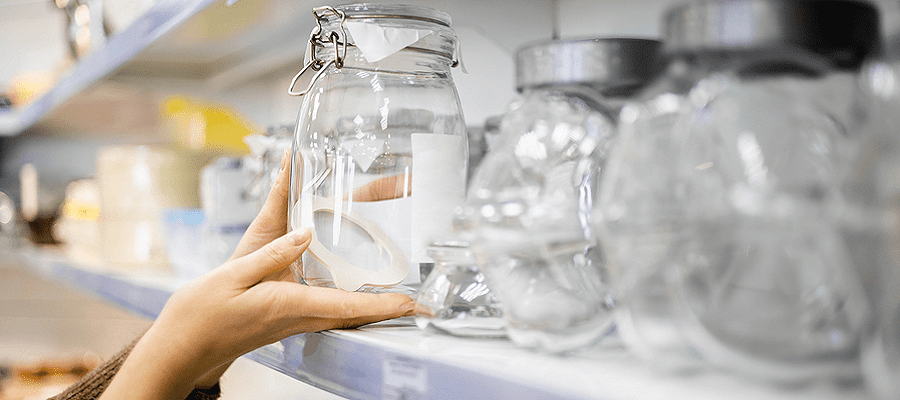Kostikova Natalia/Bigstock.com
One of the best ways to limit your exposure to EDCs is to limit your use of plastics. Plastics are a pervasive and widespread source of exposure and they can contain and leach these hazardous chemicals.
Endocrine-Disrupting Chemicals (EDCs) can be found in a variety of consumer products like food packaging, cosmetics, personal care products, children’s toys and furniture. These chemicals interfere with the body’s hormonal system. Some EDCs mimic our hormones and fool the body into thinking that they are real hormones, while other EDCs block natural hormones from doing their job. Some EDCs can raise or lower the levels of hormones in the blood by affecting how they are made, broken down, or stored in the body. Lastly, some EDCs can change how sensitive the body is to different hormones.
By disrupting the body’s intricate hormone systems, EDCs can cause cancer, diabetes, immune and reproductive disorders, and neurological impairments of developing fetuses and children. Even low doses of EDCs may be unsafe. Children and babies are particularly vulnerable to the effects of these compounds because their bodies are still developing.
Here are some tips:
- Swap plastic food storage containers with glass, ceramic or stainless steel.
- Bring reusable produce bags to the grocery store.
- Trade your plastic water bottle for a glass or stainless steel one instead.
- Avoid plastic toys for children, especially infants and toddlers, as they tend to put toys in their mouths. Better choices include wood and silicone.
- Don’t microwave using plastic. Heating up plastic accelerates the leaching of chemicals into your food. Plastic containers and bags, even the frozen plastic bags that are labeled “safe” to cook in the microwave, are better kept out of the microwave. Use glass or ceramic containers.
Other tips to avoid exposure to EDCs include:
- Reduce your pesticide exposure by choosing organic foods.
- Invest in a high-quality water filter.
- Use non-toxic cleaning products.
- Opt for paraben free personal care products.

